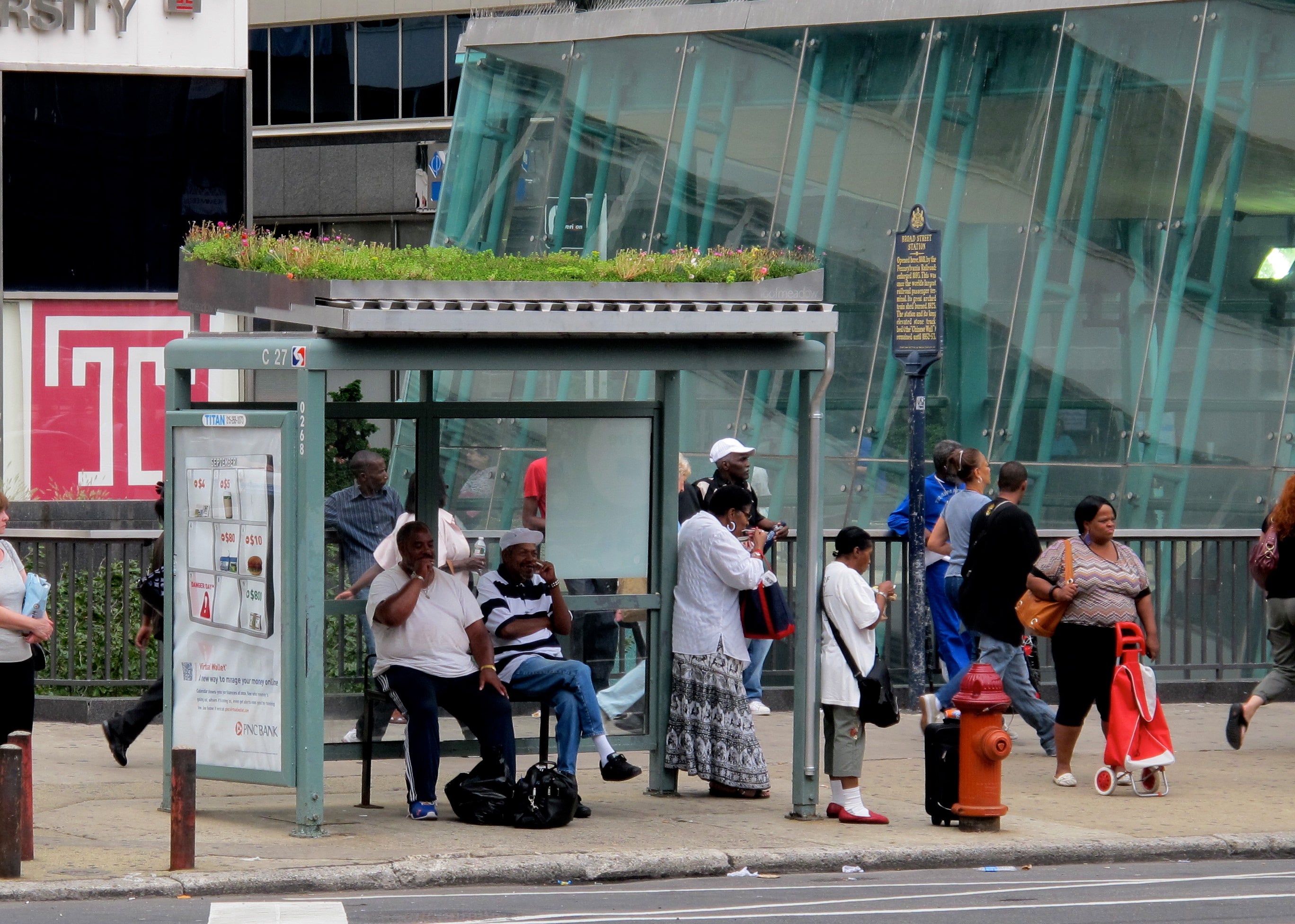SEPTA New Payment Technology more than a year behind schedule

SEPTA Deputy General Manager Jeff Knueppel can “neither confirm nor deny” whether or not New Payment Technology (NPT) – the electronic payment system SEPTA is building to replace tokens – will be named SEPTA Key, as Philly Magazine speculated late last month. Nor can he confirm when the system, now delayed more than a year, will be up and running.
SEPTA is in the midst of a massive project to convert its entire transit network (multiple modes running through five counties) into a system that will allow riders to pay with NFC chip-equipped cards, phones and other devices. The upgrade has been years in the making, but there is still a ways to go.
Late this fall, SEPTA plans to launch an employee pilot to test NPT on buses, trolleys and subways. How well the pilot goes will determine when the system launches. After NPT is rolling on buses, trolleys and subways, SEPTA will begin to introduce it on the regional rail system, where implementation will be a little more complicated.
Those who have been following the system’s development closely will remember that NPT was supposed to be fully implemented on subways, buses and trolleys by 2014 and on regional rail by mid-2014. A few significant speed bumps have delayed progress though.
For starters, designing the software proved to be “very, very complicated.”
“A lot of things the average rider couldn’t suspect get rolled into this process,” Knueppel said. “… We have such an incredibly large and complicated implementation that we have to be careful.”
Plus, SEPTA saw the problems peer agencies ran into when they unveiled similar systems.
“Everyone saw an implementation in Chicago that was, I think, maybe a little too aggressive in terms of schedule and had significant difficulties,” Knueppel said.
Then Chief Officer of NPT John McGee, Jr. retired.
“After so many years and a certain age you can get full retirement and then move on and get another job,” Knueppel explained. “It is a hard situation to deal with – for a company to try to hold people.”
MOVING FORWARD
Despite these setbacks, Knueppel said, “We’re moving along. It’s not moving as fast as everybody would like, but it’s a big process and we have to be careful.”
SEPTA did complete an advanced pilot test, and for the most part that went well. There will be some changes to the fare vending machines, though. The five zone offices, which will monitor and manage the system remotely, relying heavily on video footage, are ready for use, and staff have already moved into the central zone office. Most of the conduits for NPT’s implementation on the regional rail system are in place, and work will become more visible at 30th Street Station.
“We are at the last phase before we are getting ready to launch,” Knueppel said.
If the employee pilot goes well and the software performs as intended, SEPTA will start providing more information to customers. Videos on the SEPTA website will show riders how to use the system on each of the different modes.
“These projects are unlike any other project that I’m [working] on because it’s as much helping people adjust to the change and the new system as it is a construction project,” Knueppel said. “You can’t emphasize either one more than the other. This system is only successful if people know how to use it.”
SEPTA is also in talks with the City. Both want to make the new payment system compatible with Philadelphia Bike Share, scheduled to launch in spring 2015.
“It’s absolutely a priority of the City and SEPTA that the systems be integrated,” Knueppel said. “A huge selling point of our program is seamlessness, and I don’t even think we can really understand all that that implies for the future. The things [the card will] unlock, I think, are going to be somewhat unlimited in the future.”
SEPTA is still working with area colleges and universities to determine how student IDs might work with the payment system.
“I know people are waiting,” Knueppel said. “They’re wanting to see this roll out, and we want it to move as much as everybody else.”
WHYY is your source for fact-based, in-depth journalism and information. As a nonprofit organization, we rely on financial support from readers like you. Please give today.



